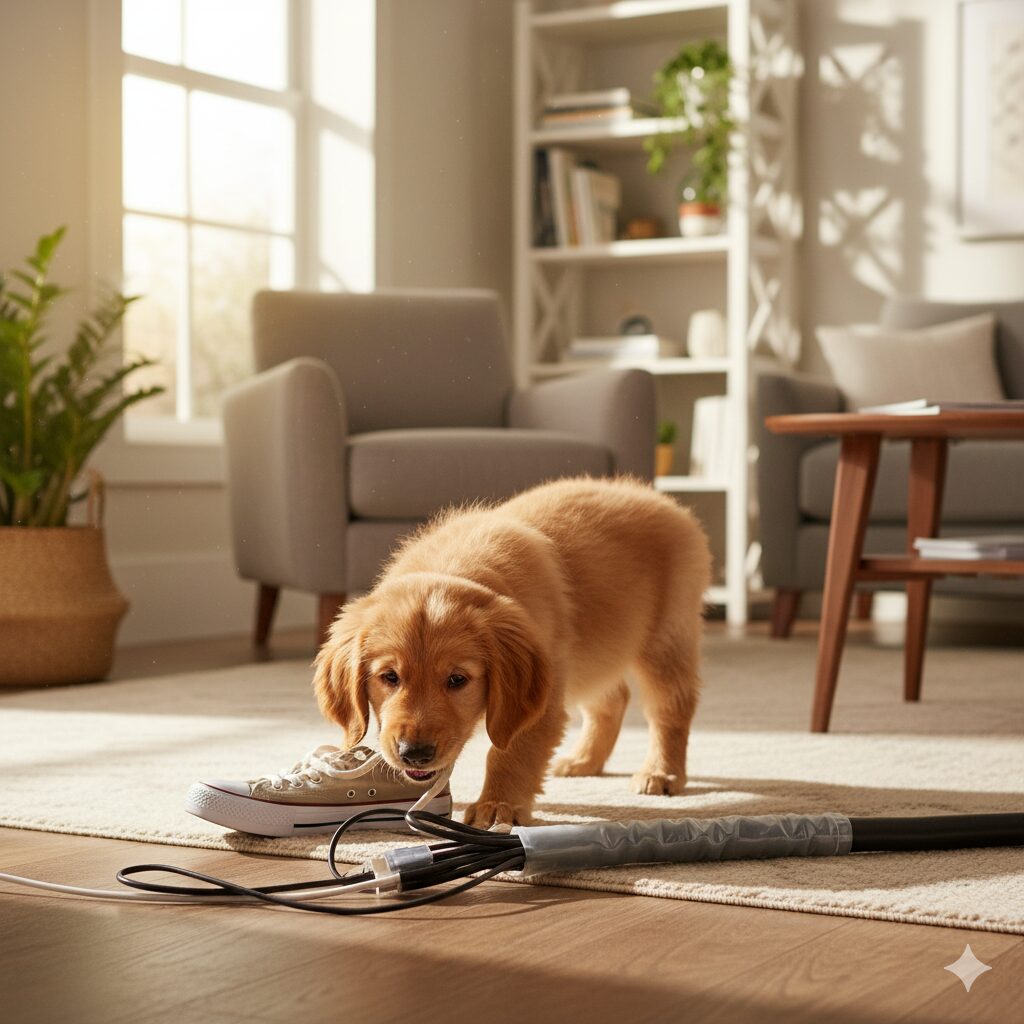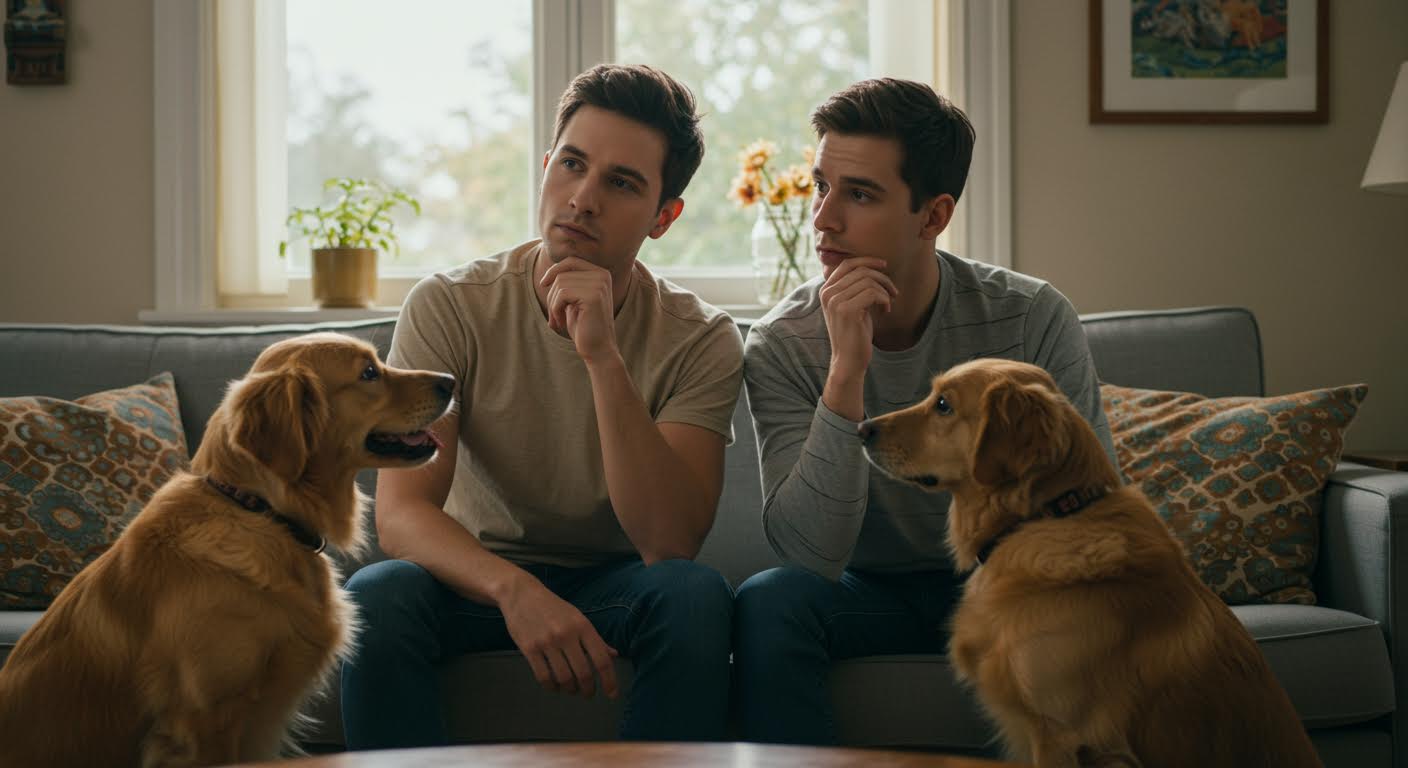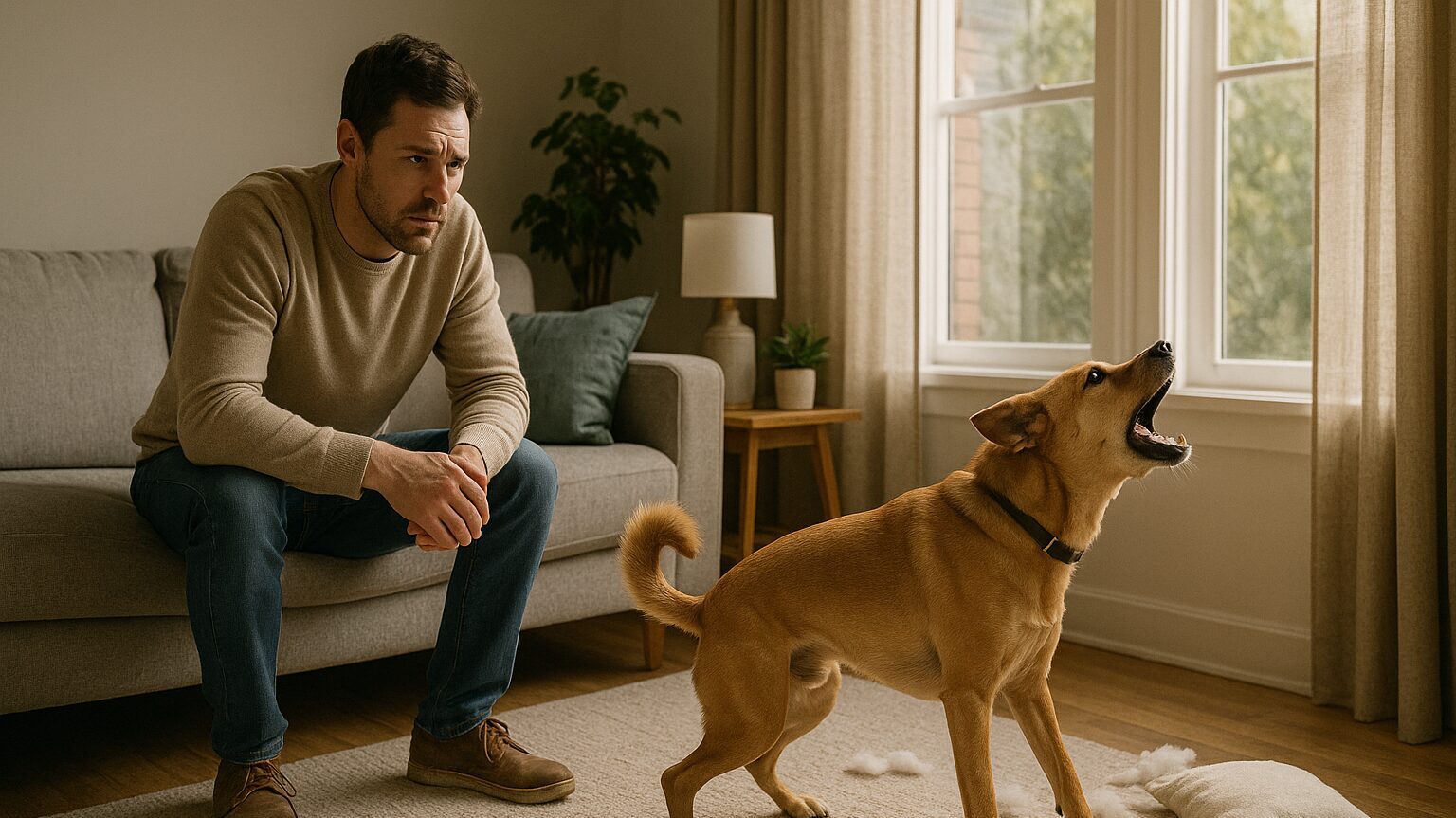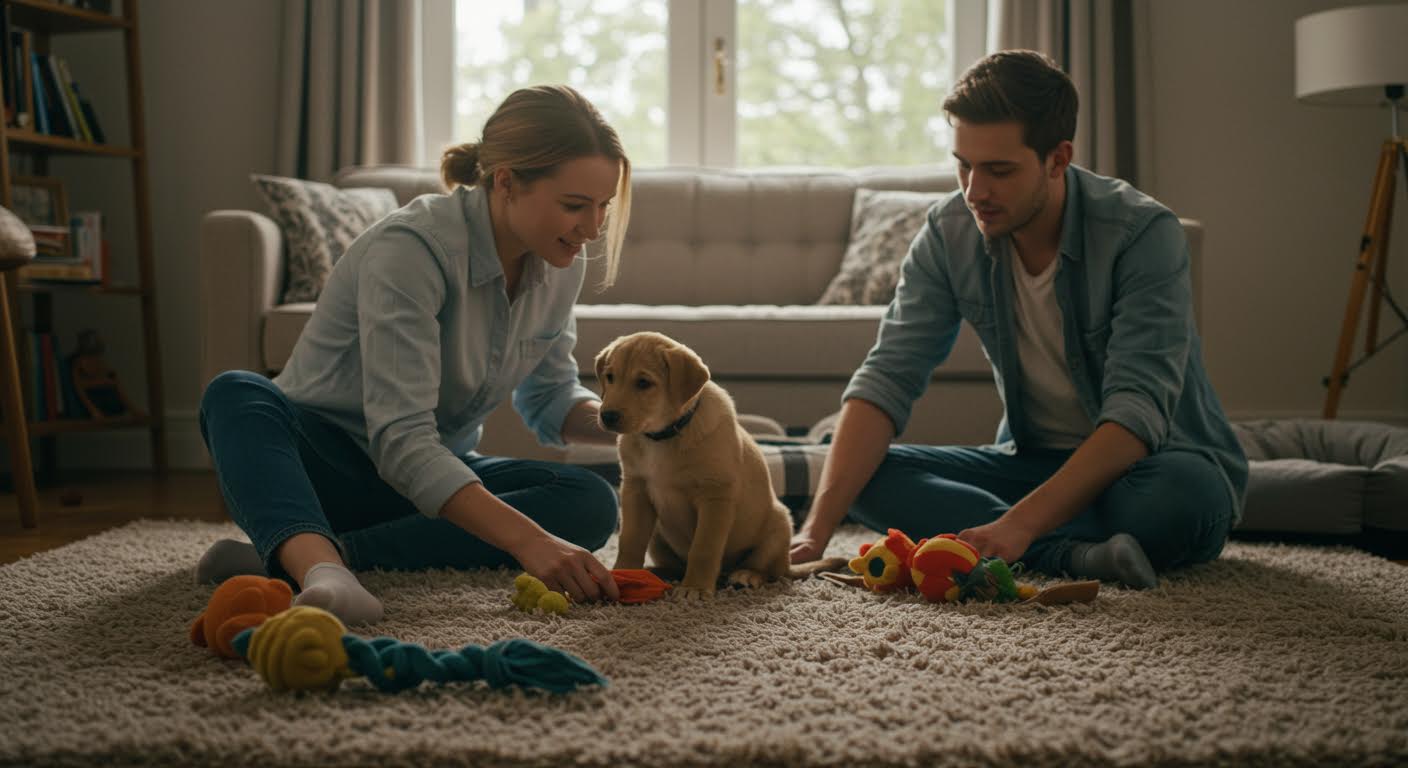Should I Get a Dog? 8 Questions to Ask Before Bringing Home a Pup
Table of Contents
Can You Give Your Dog a Home for a Decade or More?
When you bring home a furry friend, you’re really signing up for the long haul. Most pups live, on average between 10 and 13 years, with smallest breeds sometimes reaching their mid-teen years or even beyond. That’s a lot of birthdays, seasons, and life stages together. From the excitement of energetic puppyhood to the more chill senior days, each chapter of their life requires care and love.
When I adopted my own bestie, I quickly realized the commitment isn’t just emotional—it’s practical too. A long-term bond means showing up through all the ups and downs, from playful mornings to vet visits in old age. If you’re not ready to embrace every stage, from youthful zoomies to the slower pace of the golden years, then pause before you decide.
Are You Ready To Adjust Your Routine?
Becoming a dog parent means adjusting your schedule so your dogs can thrive with consistency. My mornings, for example, shifted to include a walk, serving breakfast, and some playtime before work. Afternoons often mean quick check-ins, a bathroom break, or arranging a sitter. By evenings, I’m dishing out dinner, offering a puzzle toy, and winding down with quality interaction.
Dr. Carol Osborne, DVM, of Chagrin Falls Veterinary Center & Pet Clinic in Ohio, notes that every dog’s needs differ with age, breed, and health, but all require structure. If your schedule is unpredictable or you travel often, maybe consider a foster through a local rescue. These are short-term commitments but still incredibly rewarding. I once fostered a shy pup, and even though she stayed just a few months, the bond felt lifelong.
Is Your Home Puppy-Proof?
Even the calmest dog can surprise you. Creating a safe environment means protecting against hazards like grapes left on the kitchen counter or a curious nose near the trash. I once had a pup who found a way into the recycling bin, and it nearly led to an emergency vet visit.
Good dog-proofing involves securing toys with no loose pieces, blocking unsafe areas, moving toxic plants, and tucking away electrical cords or household items that might tempt chewing. Don’t forget about medications, supplements, and cleaning supplies—keep them in locked cabinets. Puppies and seniors alike explore with their mouths, so prevention saves stress (and cash).

Can You Afford a Dog?
Money is one of the toughest realities. On average, plan for around $1,900 a year in expenses for your pup. That includes everything from the initial adoption fee—sometimes $35 to $350, though shelters may waive it—to buying from a breeder, which can run into thousands. When I bought my dog’s first supplies, I was shocked how quickly the bill added up: food, treats, poop bags, grooming tools, toys, bowls, a leash, harness, and multiple beds scattered around the house.
Budget at least $100 a month for basics, but also factor in vet exams (about $50–$250 each visit), vaccinations, medications, and diagnostic tests. Emergencies can hit hundreds or even thousands, so insurance like CarePlus (starting at $30) is worth considering. On top of that, there’s training, daycare, hiring a walker, a sitter, or even routine spa visits if your breed requires it. Dogs are priceless companions, but they are not cheap.
Will Your Dog Like Where You Live?
The environment you live in plays a huge role in your dog’s happiness. As Allie Bender, CDBC, CPDT-KA, SBA, founder of Pet Harmony Animal Behavior & Training in Naperville, Illinois, explains, it’s not just about geography like city versus country air. It’s about family ages, routine, and the busyness of your home.
If your household already has other four-legged members, will they welcome a new sibling? Or do you have stressful triggers that could make an anxious pup uneasy? I once lived in a studio apartment, and my Dalmatian hated it because there wasn’t enough space or trips to the park. Matching the right dog to your lifestyle saves both of you stress.
How Patient Can You Be With Your New Pup?
Every dog needs time to settle. During the adjustment period, expect stress-related behaviors like boundary-testing, accidents, or seeming withdrawn and overwhelmed. Your best tools are patience, kindness, and a predictable routine. Offer a safe space and keep things calm as they adapt.
I noticed my rescue went through clear milestones—around two weeks, three months, and close to one year—before he showed full confidence in our home. Stick with them through those bumps; the reward is worth it.
Is Everyone Else in Your Family Ready for a Dog?
Adding a dog is never a solo choice—it’s a household decision. Ask if your partner, roommate, or kids are on board. Do they know how to interact properly? Before I brought my pup home, we had long conversations about who’d be responsible for walks, feeding, and vet visits.
It’s about setting expectations for caregiving and finances. Even if someone won’t be the primary caregiver, they’ll still be impacted by this new addition to your lives. Trust me, nothing strains relationships like unspoken responsibilities.
What Dog Should You Get?
Now comes the fun part—choosing the right match. It’s not only about breed or size, but your lifestyle, energy levels, and age preference. An adorable puppy means training, potty work, socialization, teething, and round-the-clock 24/7 supervision. I learned quickly that puppies are joyful chaos.

If you’d rather skip the madness, an older dog might already be housetrained and need less attention. A senior still needs exercise, but the pace is easier. Start your search at a shelter or rescue, browse their social media, and check for adoptable dogs in your area. When you find that perfect personality, the payoff is a lifetime of loyalty, affection, and cuddles for years.





